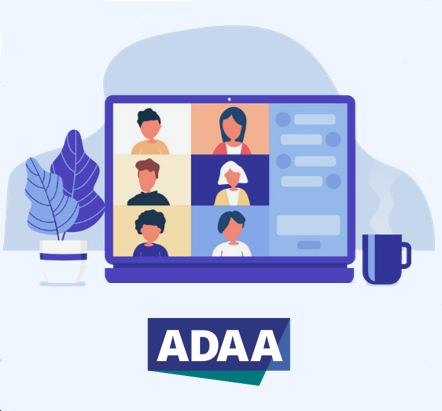
September 10, 2024
Rachel Busman, PsyD
and
This live webinar was presented by Dr. Rachel Busman who shared tangible tips and strategies for caregivers of a child with SM..

September 11, 2024
Jordan W. Smoller, MD, ScD
and
Dr. Jordan Smoller introduced some of the goals of “precision psychiatry”, with a particular focus on leveraging large-scale data resources to address unmet needs in mental healthcare. This webinar is not eligible for CEs.

October 21, 2024

December 3, 2024
Brian Richter, PhD, ABPP
and
Free Live December 3 Webinar. The holidays can be a time of joy, and they also can bring added pressures. This presentation will explore holiday stress and anxiety, discuss practical tools to deal with these feelings, and get you ready to embrace the season with resilience.

October 8, 2024
Benjamin Goldstein, MD
and
This CE/CME eligible presentation provides an overview of cardiovascular-bipolar connection spanning from epidemiology to blood biomarkers and imaging approaches.

August 15, 2024

August 22, 2024







